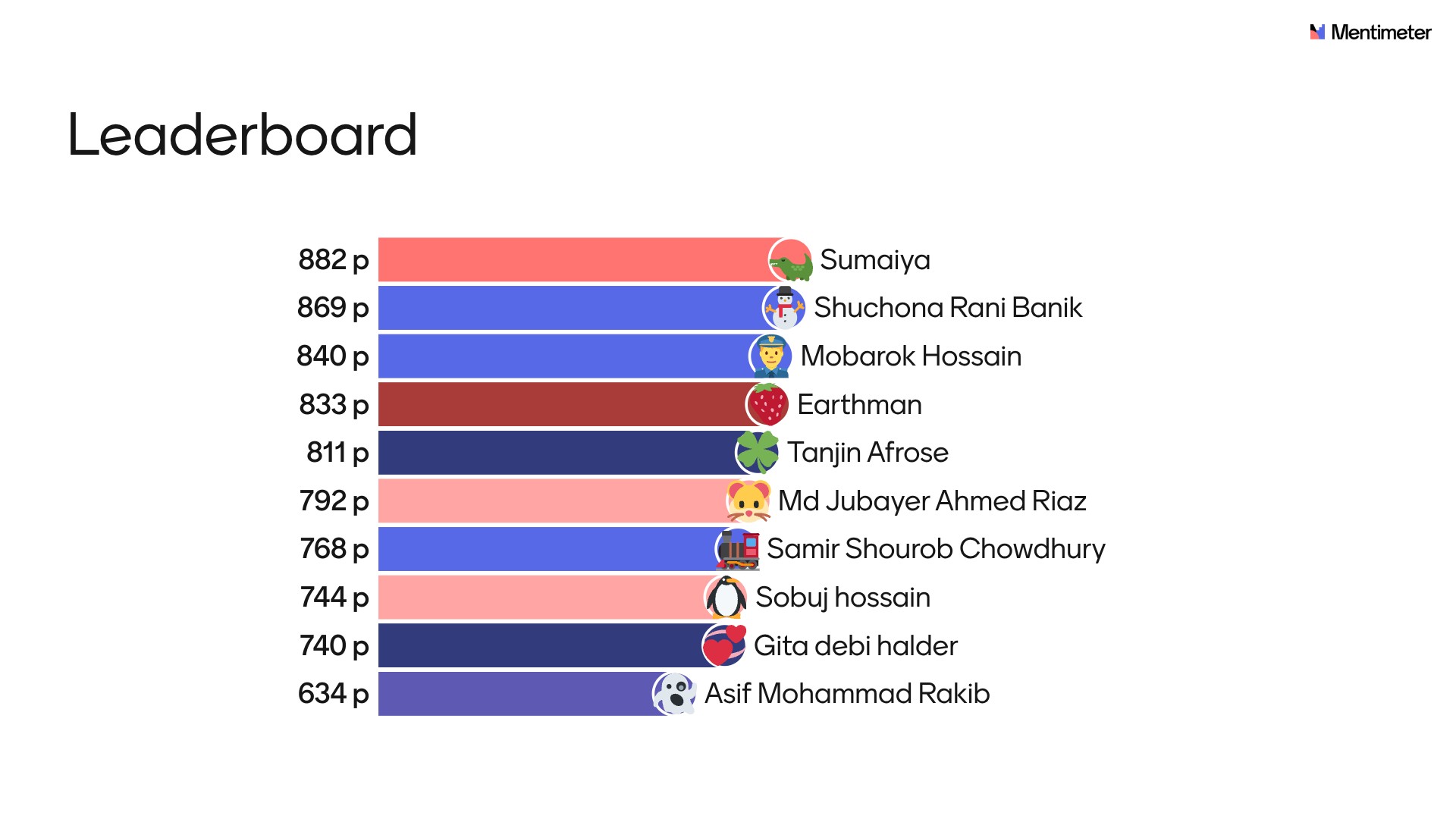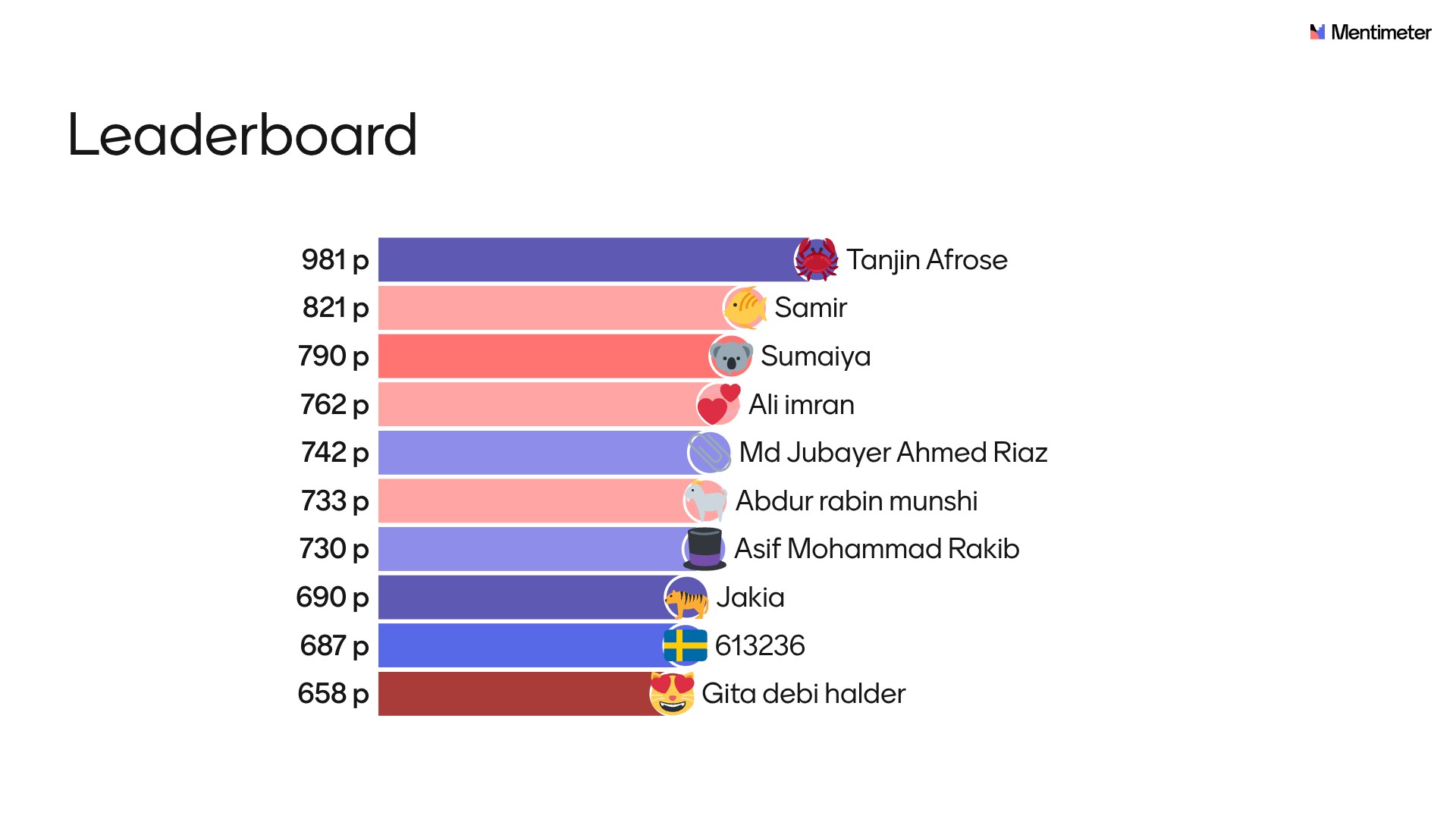Section outline
-

Mohammad Abu Sufian
LL.B. (Hons.) & Double LL.M. (London)
Certificate of Higher Education in Law (London)
Sr. Lecturer, Department of Law
Assistant Proctor
Daffodil International University
PhD Scholar, Techno India University, West Bengal, India
Advocate, Supreme Court of Bangladesh
Cell: 01716362630
E-mail: sufian.law@diu.edu.bdInstructions/Guideline for the course:
· All the students registered for this course have to enrol in BLC.
· Please remember your user name and password in BLC.
· Students can find all the course materials in BLC.
· All the students have to submit the soft copy of their "Assignment" in BLC under the assignment section created here and for this, they will be graded here.
· One discussion or feedback forum is created under each lecture Students have to give their feedback on these forums and marks may be given for their feedback.
· Any announcement regarding the class will be posted on BLC. So, they have to keep themselves always active on BLC.
· All the quizzes and presentation will be held on face to face class and may be few of the class will be held on online (BLC) and it will be announced before the class
· The question pattern and the syllabus for the quizzes, midterm and final exam are given here under each of the sections (quizzes, midterm and final)
· There are midterm and final examination preparation forum under these sections where students can discuss with each other about their midterm and final exam syllabus, any problem regarding the exam etc.
Civil procedure is the body of law that sets out the rules and standards that courts follow when adjudicating civil suits (as opposed to procedures in criminal law matters). These rules govern how a suit may be commenced; what kind of service of process (if any) is required; the types of pleadings or statements of suits, motions or applications, and orders allowed in civil suits; the timing and manner of depositions and discovery or disclosure; the conduct of trials; the process for judgment; the process for post-trial procedures; various available remedies; and how the courts must function.
-
Course Objectives
Rights are the creation of statutes and common law. But the rights are meaningless unless there is means of enforcing such rights. There lies the importance of procedural laws which facilitate enforcement of rights of individuals. In respect the importance of the Code of Civil Procedure cannot be over-emphasized. The present code is re-enactment made in 1908 and had been subjected to minor amendments at different times. The main objectives of the course are to make the students understand with Concept of Civil suits and its nature; Organization of Civil Courts in Bangladesh and its Jurisdiction; Institution of Suits and proceeding; Judgment, Decree and appeal etc. Students will be able to learn about the procedure of civil suits. They will demonstrate effectively legal knowledge. The course helps working in practical legal platforms.
Course Outcomes
Upon successful completion of this course, students will be able to;
- Draft written legal documents, including: Complaints, answers, legal forms and other legal documents.
- Conduct legal research using online research methods such as the Internet, as well as using legal books.
- Perform effective legal analysis and communicate legal analysis effectively through oral communication and written documents.
- Communicate effectively with attorneys, clients, court staff, and other persons through oral communication and written documents
- Students will be able to give legal solution in different civil problems i.e. ownership, possession etc
- Students will understand the value and use of non-adversary alternative dispute resolution procedures and their integration with and use in resolving disputes concerning procedural rules, discovery, etc.
Course contents;
- Alternative Dispute Resolution
- Trial of Family Courts Suits
- Interlocutory Matters
- Inter pleader Suit
- Withdrawal and Adjustments of Suits,
- Representative Suit,
- Appointment of Receiver,
- Commission,
- Foreign Judgment,
- Death Insolvency of Parties, Suit by popper
- Execution of Decree,
- Appeal, Revision
-
Video Lecture overall C.P.C Part II p> -
-
Lecture objectives
To enable the students the following issues;
- Alternative Dispute Resolution (ADR)
- Types and Features of Alternative Dispute Resolution (ADR)
- The salient features of Alternative Dispute Resolution (ADR)
- Benefits of Alternative Dispute Resolution (ADR)
- Arbitration
- Conciliation

Lecture outcomes;
At the end of this lecture students will able
- To understand, dispute resolution methods other than litigation
- To be aware of a variety of methods for the resolution of disputes between the parties
- To know the relevant statute
Table of contents
- Alternative Dispute Resolution (ADR)
- Types and Features of Alternative Dispute Resolution (ADR)
- The salient features of Alternative Dispute Resolution (ADR)
- Benefits of Alternative Dispute Resolution (ADR)
- Arbitration
- Conciliation
-
-
Live class lecture
p>
-
Discuss some of the key issues to success of A.D.R. in Bangladesh.
-
-
-
-
Lecture objects;
- The Family Courts’ main purpose is to assist the smooth and effective disposal of suits relating to family matters.
- To serve quick, effective and amicable disposal of some of the family matters.
- Providing a procedure for camera trail.

Lecture Outcomes
At the end of this lecture Students will be able
- To understand the Family Courts, jurisdiction, and its trial procedure
- To understand the Statute
- To apply the Statute in the practical field.
Lecture Contents
- Establishment of Family Court
- Objectives and purposes of Family Courts
- Subject Matters and Jurisdictions
- Trial Procedure of the Court
-
Function and Jurisdiction of the Family Court in Bangladesh (Practical Approch). Please read this article to get the practial knowledge.
-
-
-
Please write down the jurisdiction and trail of the Family Court.
-
Lecture Objects
The aim of this lecture is to discuss the following issues
- To meet the ends of justice
- to render timely justice to the parties
- The mechanism of filing Interlocutory applications is to an extent indispensable in civil proceedings.
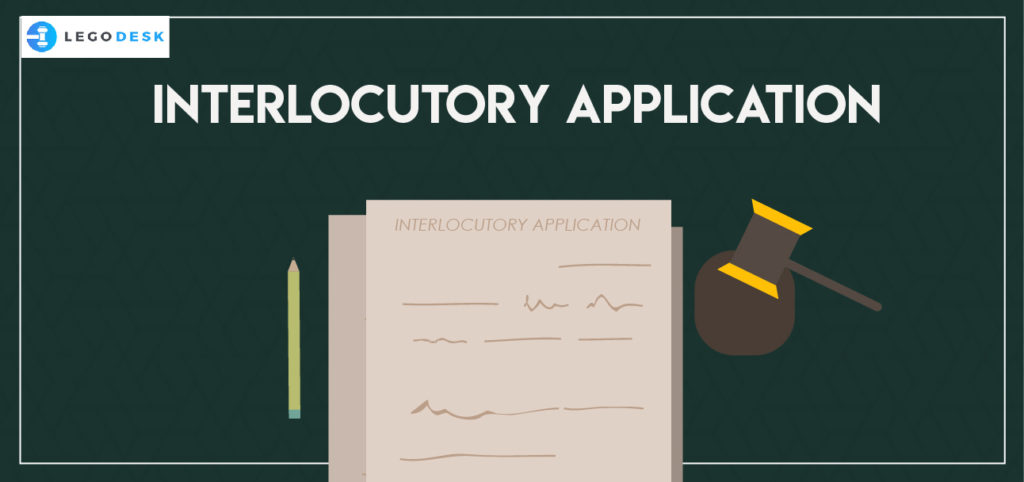
Lecture outcomes
At the end of this lecture students will able
- To know the Interlocutory matters in details
- To apply those matters in practical field
Lecture contents
Introduction
Interlocutory applications for Amendment in pleadings
Interlocutory Application at the stage where a case is posted for judgment
- Application of 'Res judicata' in interlocutory applications
Interlocutory orders
Interlocutory applications – an inbuilt mechanism to cause the delay?
-
What have you learned from this lecture
-
Live class on 21/06/2020
-
-
-
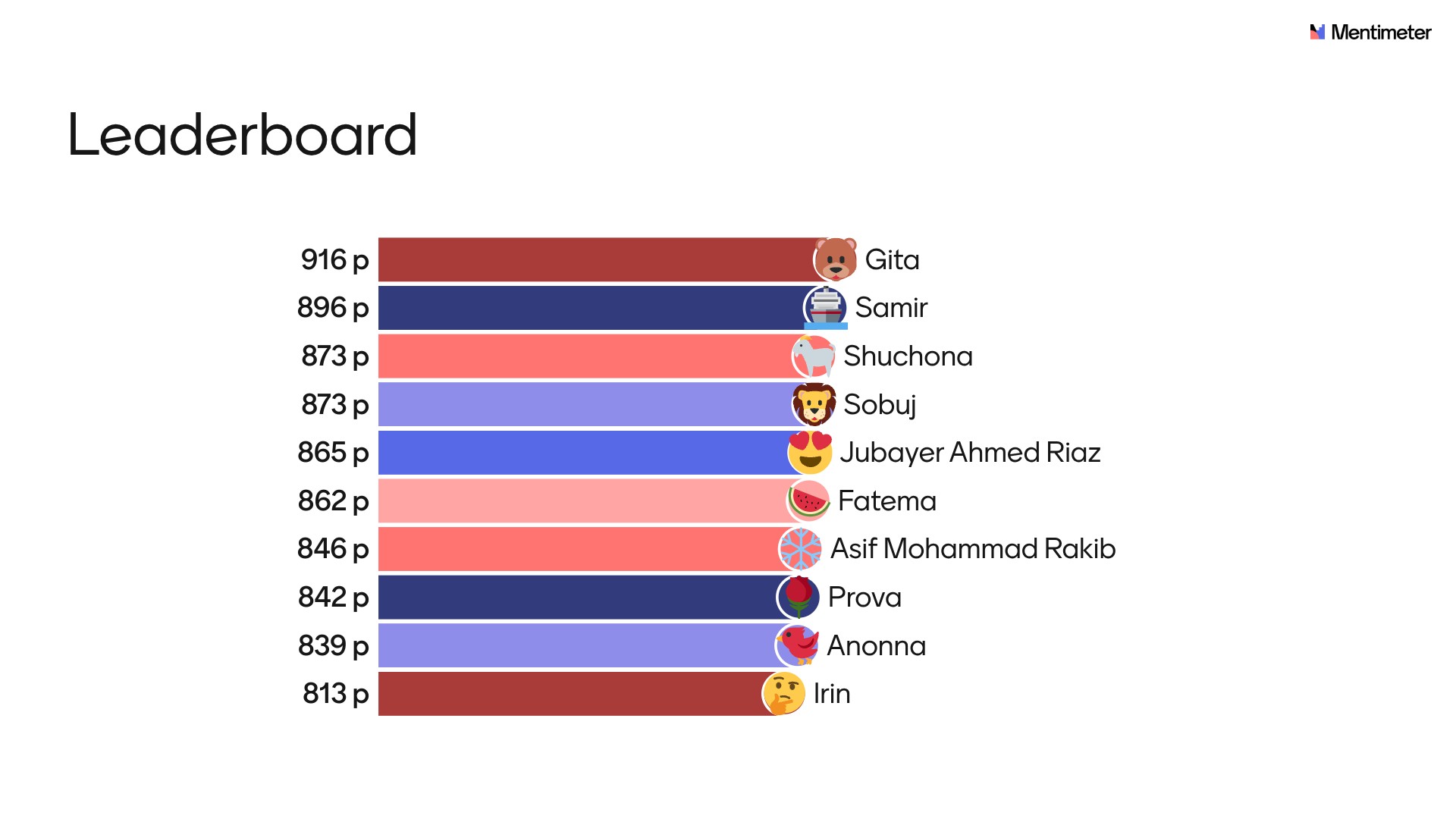
-
-
Object of this Lesson
The primary purpose of this lesson is the prevention of Property in dispute till legal rights and conflicting claims of the parties before the court are adjudicated. The court in the exercise of sound judicial discreation can grant or refuse to grant Injunction.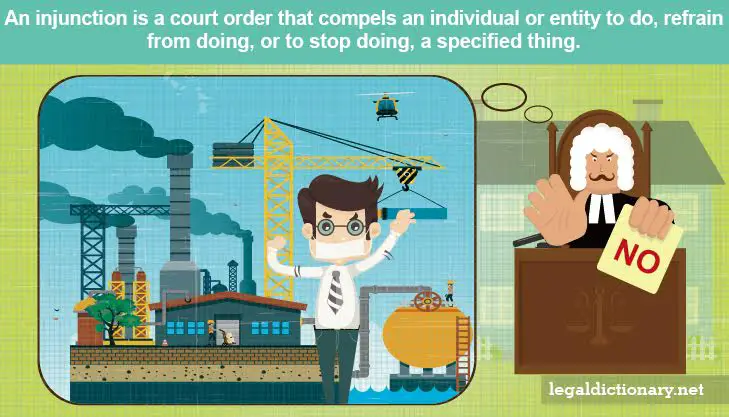
Learning outcomes
The students will have clear ideas on injunction and its practical application.Contents of this lesson
- Injunction
- Legal provisions
- Kinds of Injunction
- Refusal of Injunction
- Enforcement
- Case laws
-
What is Injunction? When the Court will allow injunction order?
-
Objects
Execution is the enforcement of a decree by a judicial process which enables the decree-holder to realize the fruits of the decree and judgment passed by the competent Court in his favour. The execution is complete when the decree-holder gets money or other thing awarded to him by the judgment, decree or order of the Court.
Order XXI of the CPC is the lengthiest order provides detailed provisions for making an application for execution and the manner that,how they are to be entertained, dealt with and decided.

Outcomes
At the end of this lesson Students will gain the practical knowledge and to apply the following issues.
Execution is the enforcement of a decree by a judicial process which enables the decree holder to realize the fruits of the decree passed by the competent Court in his favour. All proceedings in execution commence with the filing of an application for execution. Such application should be made to the Court who passed the decree or where the decree has been transferred to another Court, to that Court. Once an application for Execution of decree is received by the Court, it will examine whether the application complies with the requirements of Rules (11 to 14). If they complied with, the Court must admit and register the application.
Contents
- INTRODUCTION
EXECUTION IN GENERAL
PRINCIPLES WITH REGARD TO EXECUTION OF DECREE AND ORDER
PROCEDURE IN EXECUTION
PROCESS FOR EXECUTION
MODES OF EXECUTION
CONCLUSION
-
Live class on 14/06/2020
-
<p>
-
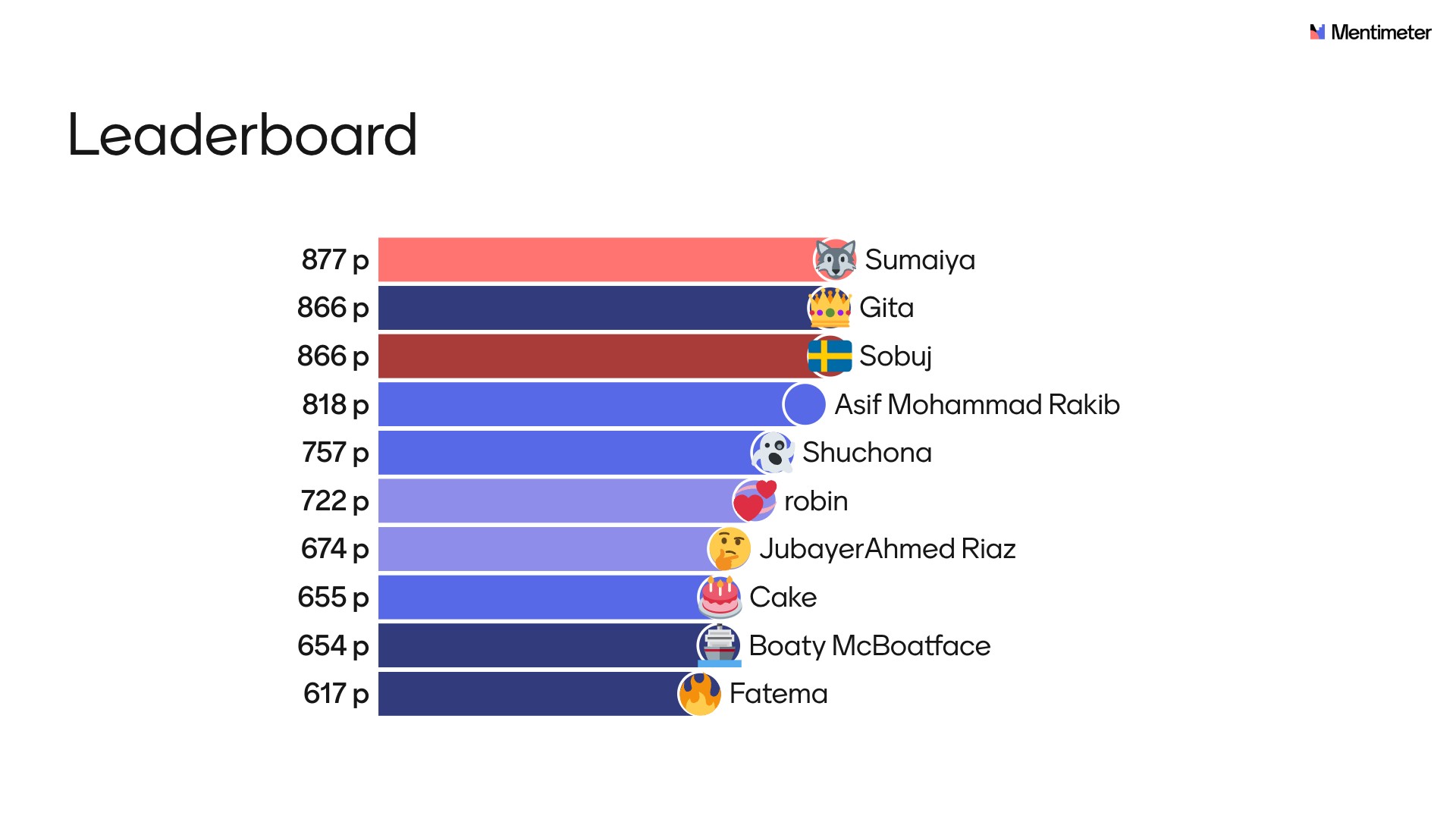
-
Live class on 16/6/2020p>
-
-
-
-
-
Objectives.
The outcomes of this lesson is to teach the students, suits in particular cases like The Goverment,Aliens and other Foreign Rulers,Ambassadors and Envoy.
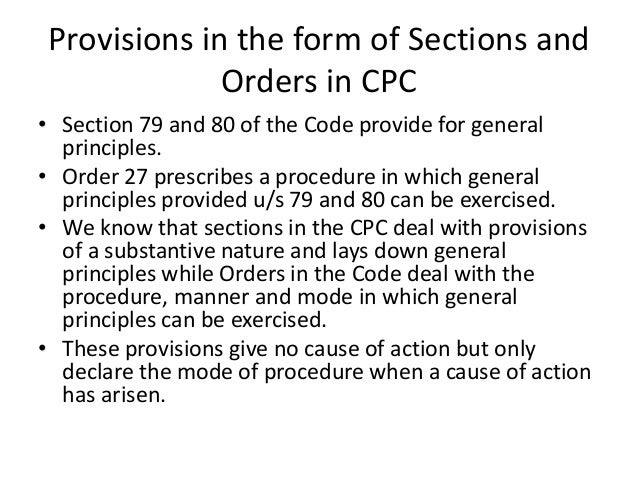
Outcomes
At the end of this Lecture Students will have clear knowledge on suits in particular cases like The Goverment,Aliens and other Foreign Rulers,Ambassadors and Envoy.
Contents
- Suits by or against the Goverment of Public Officers in their Officials Capacity ( section 79 to 82)
- Suits by Aliens and by or against Foreign Rulers, Ambassadors and Envoy (section 83 to 87)
- Interpleader section 88
-
-
-
What have you learned from this lesson?
-
-
-
-
Object of this Lesson
The aim of this lesson is to analyse the meaning and procedure of judgment and decree under the Code of Civil Procedure, 1908

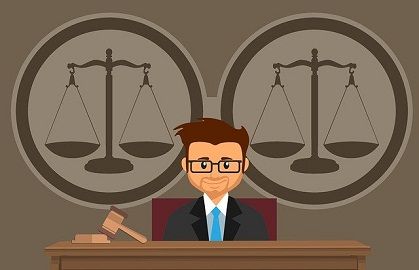
Course Outcomes
At the end of this lesson student you able to know the Judgement and Decree and foreign judgent.
Conents of this Lesson
Meaning and Procedure of Judgment and Decree under CPC, 1908
Introduction
Manner in which Judgment is pronounced
- Judgment and Decree
- Separate Judgments for Separate Issues
- Procedure of Passing a Decree
- Manner in which Decree is pronounced
- Comprehending the Concept of Foreign Judgment under the CPC, 1908
- Meaning of a Foreign Judgment
- Conclusiveness of Foreign Judgments in Bangladesh
- Pronouncement of Judgment by an Incompetent Court
- Execution of a Foreign Judgment
-
What is Judgement and Decree? Do you know how to apply Foreign Judgement? Disscuss.
-
-
-
-
Objects of this Lesson
There is a very famous saying, as ‘a man is to err’. As the whole judicial system depends on the human being, it is not immune to errors or mistakes. These errors can only be checked by way of giving the right of appeals to the parties to the suit. This points out the indispensability of ‘appeal’ and vitality of its proper functioning for a judicial system to survive.The object of this lesson is
- to provide a comprehensive analysis of appeal from original decree and order under the Civil Procedure Code, 1908.
- to explain this meaning and procedure of review under CPC.
- to analyse the meaning, object and procedure of exercising the powers of revision by the High Courts under the CPC.
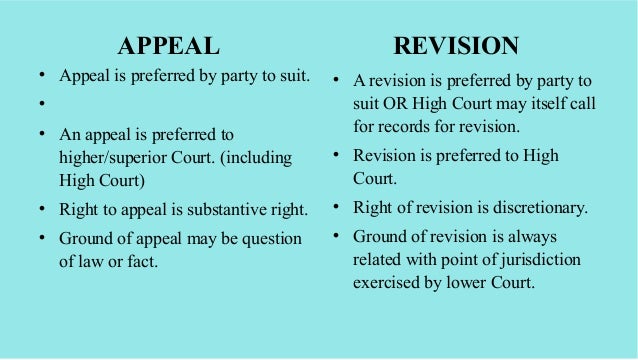
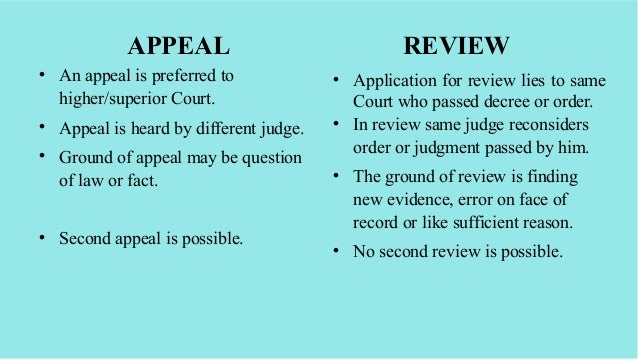
Outcome of this Lesson
At the end of this Lecture Student will understand Appeal,Review and Revision and their practical application.
Lesson Contents
- First Appeal under CPC
- No Appeal from Preliminary Decree
- Abatement of Appeal
- Appeal by Indigent Persons
- Powers of Appellate Court
- Remand by Appellate Court
- Second Appeal
- Appeal from Orders
- Review under Section 114
- Application for review
- Process of Review
- Rejection of Review Petition
- Nature and Scope of Section 115
- Object of Revisionary Jurisdiction
- Conditions for Exercising Revisionary Powers
-
-
- What are the grounds of review cases?
- Who can file for a review?
- Distinction between Review and Appeal
-
-
-


